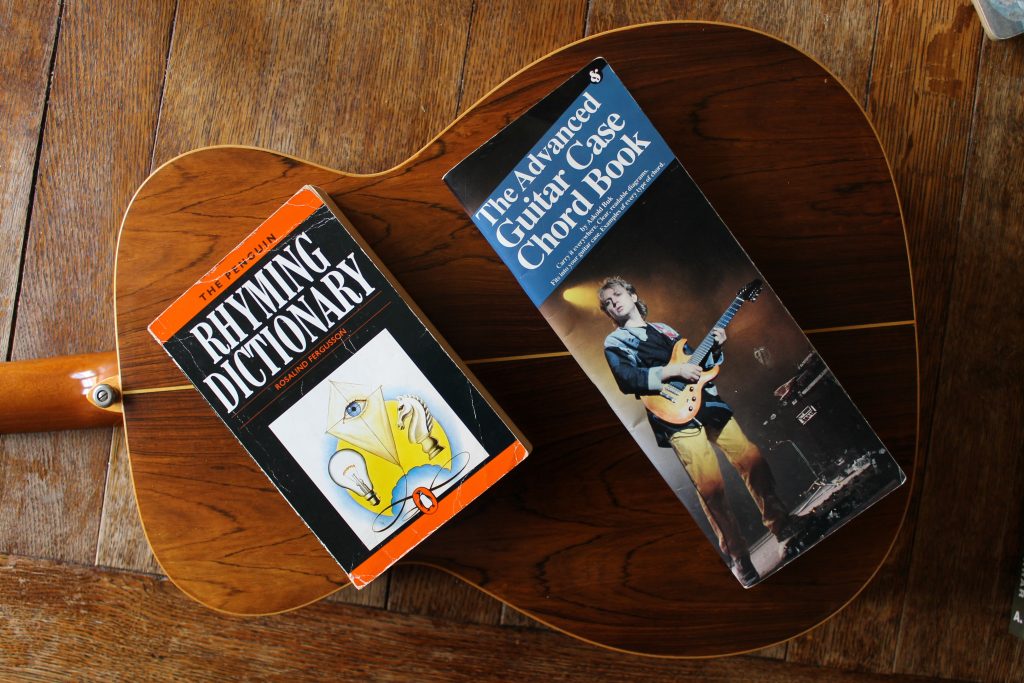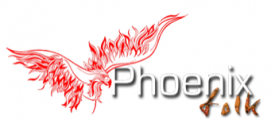Songwriting Course
Six participatory workshops, led by Adam Holden
Please contact us for details of future courses.
Workshops are organised in two parts: for the first half participants each bring a song to perform and discuss with the group. It could be a song you’ve written that you want feedback on, one you’re writing or trying to write; or you could bring along a song you really like and want to learn or learn from. The tutor, Adam Holden, will guide supportive group discussion and highlight key issues or ideas for future practice.
In the second half the tutor will introduce a key topic (style and genre, lyrics, melody, song structure and purpose, harmony and accompaniment, performance and audience) sharing resources and using examples from songs to provide practical insight into key questions and ideas.

There will be an opportunity for the group to comment and discuss (both in written and spoken comments) and Adam will help identify practical outcomes from the discussion to take away and work on (for example, identifying elements that might benefit from redrafting, setting a particular challenge or writing task, or a suggestion to explore a set of resources on, say, writing with better rhymes). Don’t worry, we won’t start at that level of criticism and challenge. As the group develops it might be that we all bring something along that relates to a specific topic and discuss that. So you don’t need five or six original songs that you’re willing to share and subject to discussion for the course to be beneficial or enjoyable (or both!).
The course will cover on six topics to help you practice, learn and improve your songwriting by focusing on particular elements of craft and creativity:
(1) Style and genre – finding your range, voice and purpose
Finding your style or a exploring a new genre? Exploring new routes in getting a good idea for a song. How to break out of a rut and write something different by exploring different musical styles and song genres (songs that are humorous, historical or happy; songs that have a sing-along chorus or a dramatic twist);
(2) Lyrics– finding the words to sing and editing your text
Writing better lyrics? finding inspiration? learning to edit your lyrics; better control dramatic, narrative and poetic effects (such rhyme and meter); what is the purpose of prosody?
(3) Melody– a good tune as a stage for your song
Intervals and scales as key elements; How do you make melody more interesting, singable, memorable? Words first? What are the implications of “voice” and text for melody?
(4) Song structure and purpose – what to write about and how to make it work
Better organisation of material from line to verse to whole song to enhance storytelling and dramatic effects; how to establish a mood, feeling or dramatic scene?
(5) Harmony and accompaniment – setting the mood, framing the picture
Writing from chord sequences, developing musical arrangements (contrast and variations), using harmonic variations and contrasts (including modulation, key change, instrumental breaks, etc)
(6) Performance and audience – connecting with your audience
The song is a promise. Learning how to deliver your song, getting people to sing along, making it memorable and meaningful; pronunciation and accent. Context is all!
